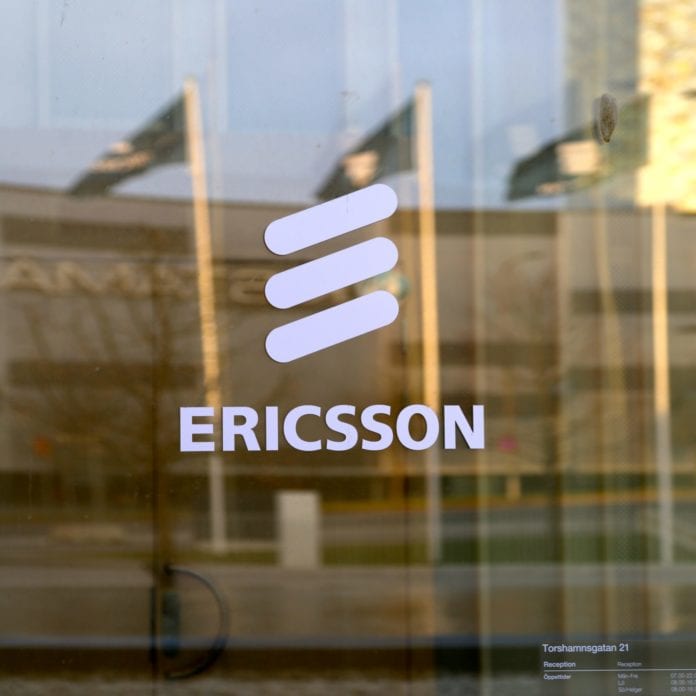The two firms will carry out tests on the 4.5GHz band across a number of cities in Japan
Ericsson and Japanese telco KDDI have inked an agreement to test a 5G proof of concept in the 4.5GHz frequency band in a number of cities across Japan.
Ericsson said that the 4.5GHz frequency band is one of the candidates for 5G in Japan and the agreement is an extension of the previously announced 5G research and development collaboration between the two companies. This previous agreement involves the development of a common understanding of 5G use cases, requirements and deployment scenarios, as well as evaluating the performance of potential key 5G components and examining how they can be applied.
During the 5G trial, KDDI and Ericsson will carry out a large number of tests across a wide range of 5G use cases on the 4.5GHz and 28GHz frequency bands, including interworking between 5G and LTE technologies.
“Our collaborative partnership with Ericsson strongly supports KDDI’s objective to launch commercial 5G services for our subscribers and enterprise customers by 2020. Ericsson’s technology leadership makes it possible for us to test new use cases in various environments, which will ensure a smooth introduction of our future 5G services,” said Yoshiaki Uchida, senior managing executive officer at KDDI.
“These 5G proof of concept test activities will help us design the best possible 5G network for KDDI. 5G is an evolution of LTE and by using the 4.5 GHz frequency band, we will be able to further develop our features and optimize the interworking between 5G and LTE,” said Chris Houghton, head of market area North East Asia at Ericsson.
KDDI and Ericsson had started collaboration on 5G in November 2015, when the two companies announced the signing of a memorandum of understanding with the intention to advance the evolution of the technology. During this period the two companies have jointly conducted various proof of concept tests in Japan, including cellular IoT and internet of things (IoT) connectivity for enterprises. From January 2017, Ericsson and KDDI have carried out proof of concept activities using 28GHz band in Shinjuku, one of the busiest district in Tokyo.

